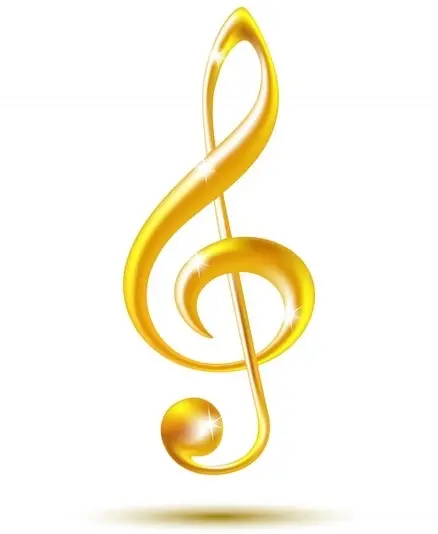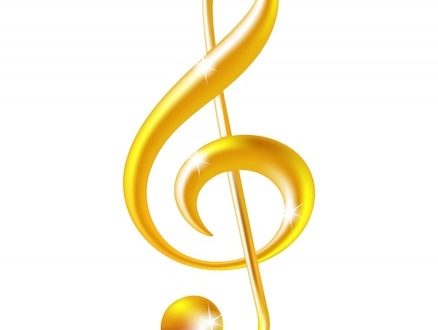
echo |
Greek nxo – sound, voice, rumor, echo, echo; Hxo – Ehu (name of a nymph)
According to the ancient mythological legends set forth by Ovid, Apuleius, Ausonius and other ancient authors, Echo is a nymph, the daughter of the river god Cephis and the nymph Lavrion; the cursed Hero (according to Roman mythology – Juno), E. could not speak first, and answered questions only by repeating the last words; rejected by Narcissus, she turned to stone. The term “E.” since ancient times denoted the effect of reflection of sound waves. If the reflection reaches the listener in less than 1/20 sec. after the main sound, it merges with it and enhances it, if after 1/20 sec. and more – it is perceived as a dep. echo and can significantly complicate the understanding of words, the perception of music. In the music productions that use the technique of E., as in natural E., the repetition of certain intonations and muses. phrases are given in a quieter sound, often separated by timbre-register means. The effect of E. is the strongest in cases where the wok. the music repeats the endings of constructions with the same last syllables of the text. Such E. from the 16th century. often used in Italian. madrigals, motets, cantatas, operas. At times, entire scenes were included in operas built on the repeated use of the E. effect (Purcell’s The Fairy Queen, Gluck’s Orpheus and Eurydice, R. Strauss’s Ariadne auf Naxos, and others). The effect of E. was also used in instr. music – in production. for keyboard instruments such as fantasy and variations, as well as in chamber and symphonic instruments. op. (A. Banchieri, “Fantasia in eco”, 1603; B. Marini, “Sonata in eco”, 1629; K. Stamitz, “Symphonie en echo”, 1721). Occasionally, J. S. Bach turned to the effect of E. (he called the last part of the h-moll overture in the 2nd book of the Clavier Exercises, BWV 831, “E.”). The effect of E. was also used by the Viennese classics (J. Haydn, “Echo” for 2 strings. trio, Hob. II, 39; W. A. Mozart, Nocturne for 4 orchestras, K.-V. 286). Designation “E.” when naming organ registers indicates the tenderness of their sound (in it. Zartflute organs, lit. – a gentle flute, often called simply “E.”; in French – Cornet d’echo).
E. V. Gertzman




